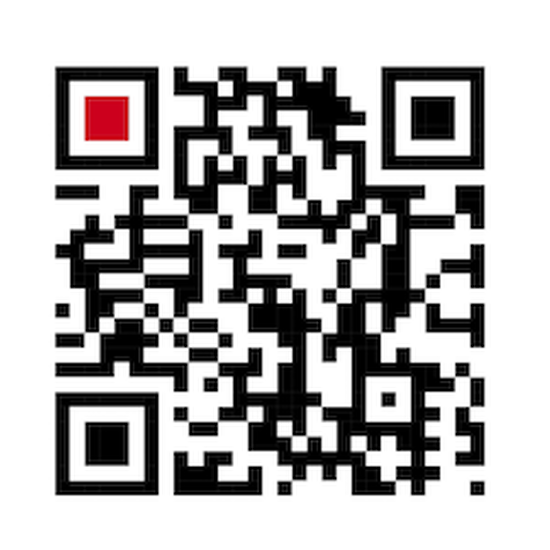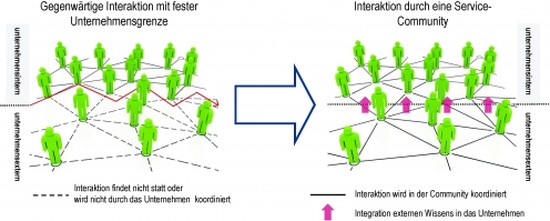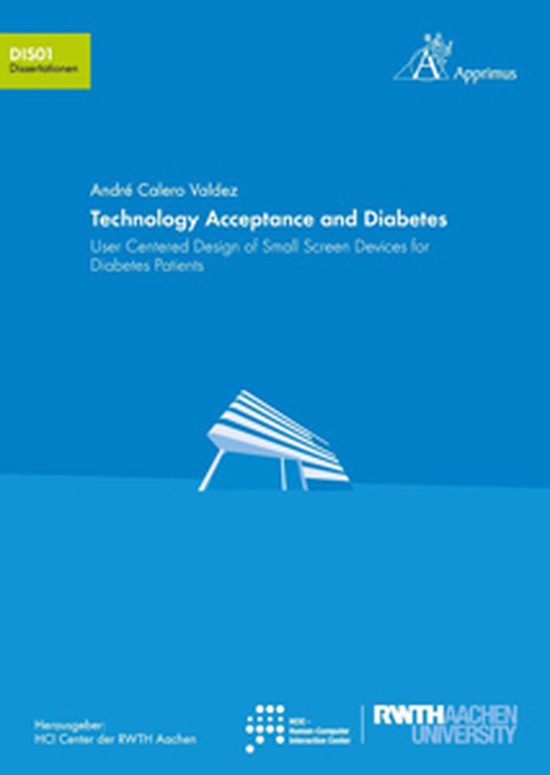André Calero Valdez
Professor of Human-Computer Interaction and Usable Safety Engineering
Institute for Multimedia and Interactive Systems
University of Lübeck
Biography
André Calero Valdez is Professor of Human-Computer Interaction and Usable Safety Engineering at the University of Lübeck since 2022. Here he conducts research on issues of human-computer interaction and usable safety in diverse application domains (e.g., eHealth, recommender systems, social media, information visualization, technology acceptance, Industry 4.0) using methods from computer science, psychology, and computational social sciences.
Until 2022, he was a senior researcher at the Department of Communication Science and the Human-Computer Interaction Center at RWTH Aachen University. There André had been head of the junior research group “Digital Mündigkeit” since 2018. He investigated the interplay of recommendation algorithms, social bots, and fake news in social media. Prior to that, André was a post-doc at RWTH Aachen University, working on the interface between algorithms and humans in various application areas (Cluster of Excellence Production Technology and BMBF project iNec, 2013-2017). Due to his excellent degree, he received a PhD scholarship at RWTH Aachen University in 2007. In his dissertation, André focused on the user-centered development and evaluation of a small-screen device for diabetes patients.
Interests
- Human-Computer Interaction
- Usable Safety and Privacy
- Complex Systems and Modelling
- Information Visualization
- Recommender Systems
- Industry 4.0
- Social Networks
- Technology Acceptance
Education
-
PhD in Psychology (Dr. phil.), 2013
RWTH Aachen University
-
Dipl.-Inform in Computer Science, 2007
RWTH Aachen University










